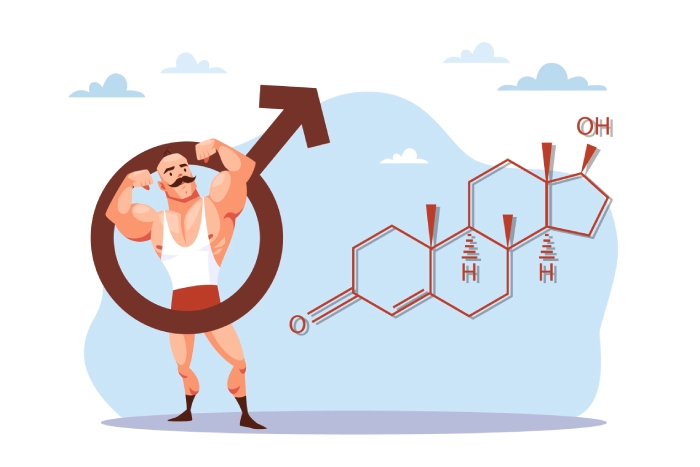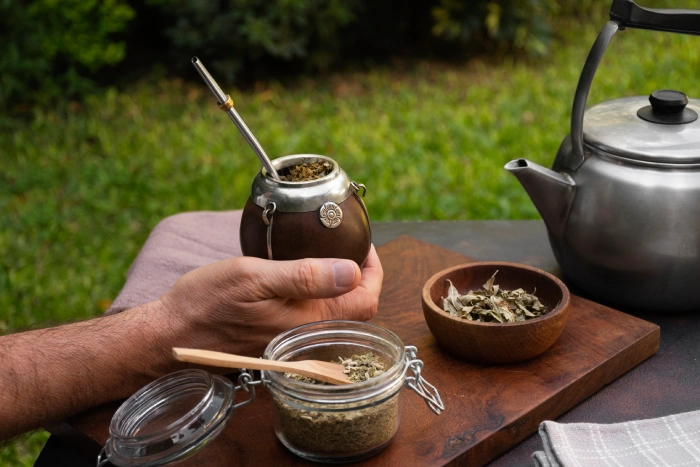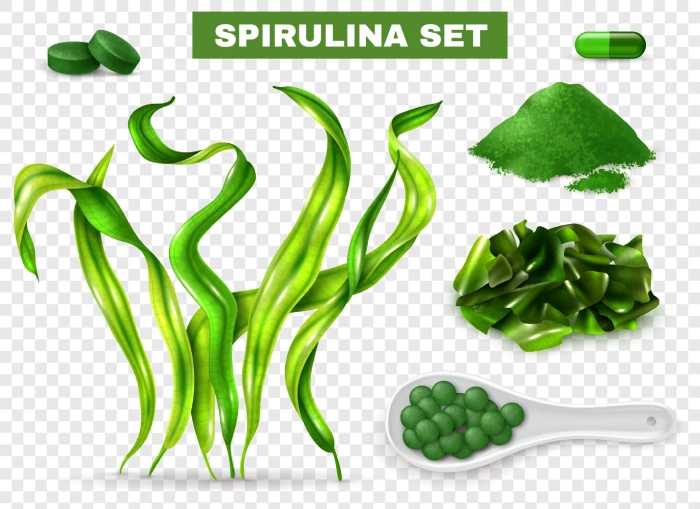The Potential of Fermented Morinda Citrifolia Extract in Combating Oxidative Stress and Supporting Testosterone Production
Late-onset hypogonadism (LOH), which refers to the age-related decline in testosterone levels, has become an increasing concern due to its negative impact on men’s health. The condition is associated with a range of physical, psychological, and sexual dysfunctions. Traditional testosterone replacement therapies are often accompanied by undesirable side effects, prompting interest in natural alternatives. This study aimed to explore the potential of a standardized fermented Morinda citrifolia extract (FME) in mitigating oxidative stress-induced damage in TM3 Leydig and TM4 Sertoli cells. These cells were exposed to H2O2 to induce oxidative stress and subsequently treated with FME. A series of assays were conducted to assess cytotoxicity, testosterone production, and gene/protein expression changes.
The results indicated that H2O2 treatment significantly impaired cell viability, testosterone production, and the expression of proteins crucial for testosterone synthesis and spermatogenesis. However, FME treatment enhanced testosterone production and restored key proteins, including the luteinizing hormone receptor, steroidogenic acute regulatory protein, CYP11A1, 3β-hydroxysteroid dehydrogenase, 17,20 desmolase, and 17β-hydroxysteroid dehydrogenase in TM3 Leydig cells.
Additionally, FME reduced the expression of testosterone-metabolizing enzymes, aromatase and 5α-reductase. In TM4 Sertoli cells, FME treatment also restored the expression of androgen and follicle-stimulating hormone receptors. These findings suggest that FME effectively counteracts oxidative stress-induced damage in both Leydig and Sertoli cells by promoting testosterone synthesis, spermatogenesis, and regulating testosterone metabolism. As a result, FME emerges as a promising natural alternative for managing the symptoms of LOH.
Commentary by YourDailyFit Columnist Alice Winters:

The study discussed highlights an intriguing approach to addressing the challenges of late-onset hypogonadism (LOH), a condition that affects a significant number of aging men. LOH is often characterized by the gradual reduction of testosterone, leading to a range of symptoms such as decreased libido, fatigue, and reduced muscle mass. Conventional treatments, typically involving synthetic testosterone, can carry side effects like fluid retention, acne, and mood swings, making the search for natural alternatives especially compelling.
Morinda citrifolia, also known as noni, has long been recognized in traditional medicine for its purported health benefits. The use of fermented Morinda citrifolia extract (FME) as a potential treatment for oxidative stress-induced damage is an innovative area of research. The cellular model used in the study—TM3 Leydig cells and TM4 Sertoli cells—provides valuable insight into how oxidative stress impacts testosterone production and spermatogenesis. By simulating oxidative stress with H2O2, the researchers were able to replicate the conditions seen in aging men and examine how FME might counteract these effects.
The results show that FME significantly restored testosterone production and the expression of key enzymes involved in the steroidogenesis pathway. This is noteworthy because it suggests that FME may help in reversing the age-related decline in testosterone synthesis. By restoring proteins like the luteinizing hormone receptor and steroidogenic acute regulatory protein (StAR), FME appears to bolster the body’s natural testosterone production mechanisms. These findings are particularly promising because they point to a natural compound that could support the underlying biology of testosterone synthesis and spermatogenesis without the need for synthetic hormone supplementation.

Furthermore, the reduction of testosterone-degrading enzymes, such as aromatase and 5α-reductase, is an important aspect of the study. Both enzymes play a role in the metabolism of testosterone—aromatase converts testosterone to estrogen, while 5α-reductase converts it into dihydrotestosterone (DHT). Excessive activity of these enzymes can lead to unwanted hormonal imbalances. FME’s ability to modulate these enzymes suggests it may not only promote testosterone synthesis but also maintain a healthier balance of hormones in the body.
While the study’s findings are promising, it is important to consider the broader implications for the use of FME in clinical settings. The research was conducted in vitro (on cell cultures), which means further studies—particularly in human clinical trials—are needed to confirm its efficacy and safety. Additionally, while the cellular restoration of testosterone synthesis is compelling, it is unclear what dosage or form of FME would be most effective for human supplementation. Furthermore, the long-term safety and potential side effects of FME are still unknown and require further investigation.
The potential of FME as a natural remedy for LOH is part of a growing trend in the supplement industry to explore plant-based, science-backed solutions. As the market for testosterone boosters and anti-aging supplements continues to expand, FME could serve as a cornerstone for products aiming to help men manage the symptoms of LOH without relying on synthetic hormones.
However, consumers should exercise caution and avoid expecting quick results without rigorous scientific validation. FME shows promise, but as with any supplement, its use should be considered as part of a broader approach to health and wellness, ideally under the guidance of a healthcare provider.



